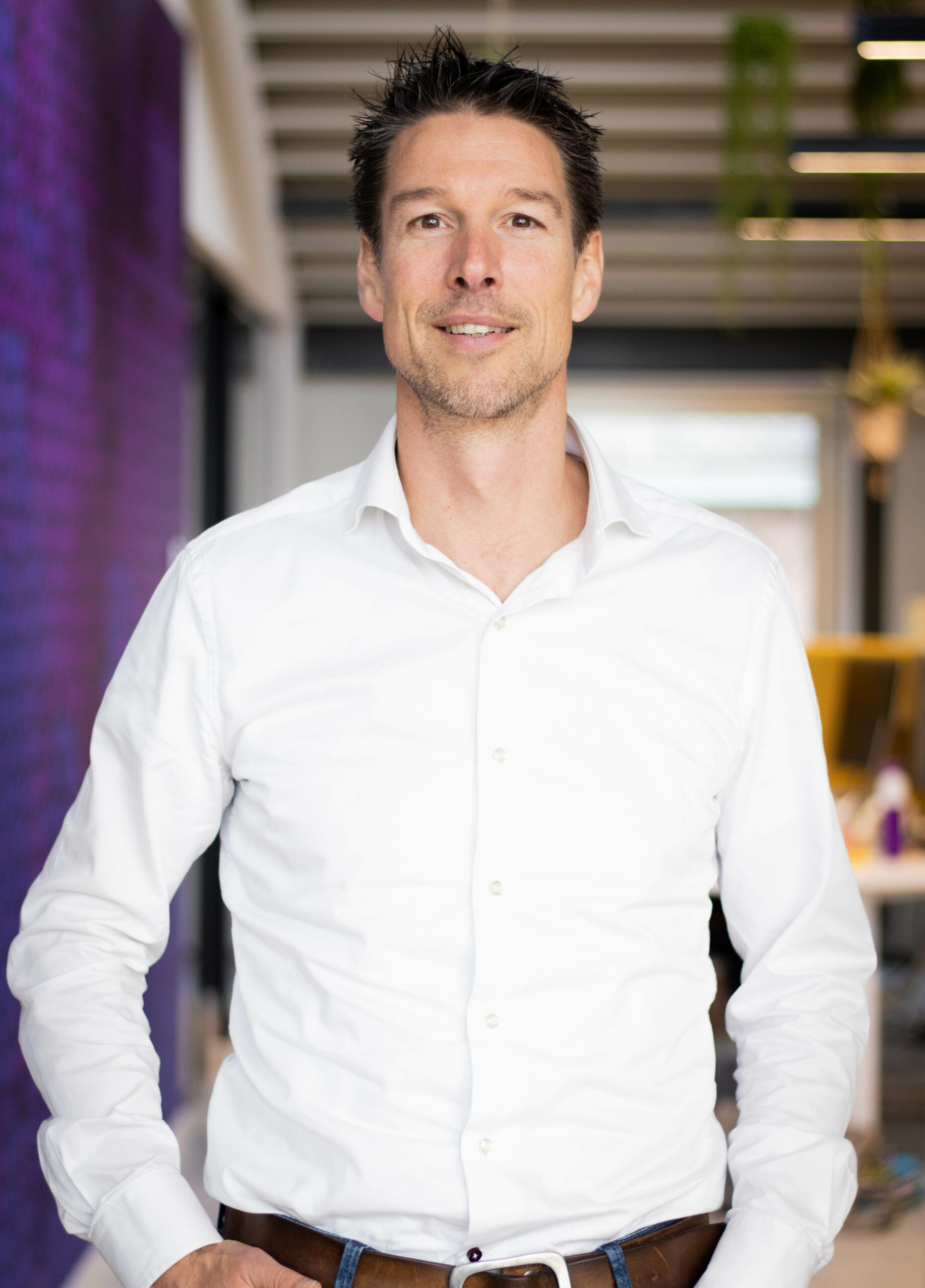Humanitarian aid is no longer a matter of good intentions alone: it must be fast, fair and cost-efficient. 510 Got that right: with data and digital products, they help Red Cross societies around the world streamline relief efforts before, during and after hurricanes. Pipple has also been contributing for years.
Estimating damage
A few days after Hurricane Irma hit Sint Maarten in 2017, 510 already knew what recovery equipment was needed. Volunteers analyzed drone images of buildings and roofs. 510 Also creates risk maps. For example, if there is a threat of a hurricane in the Philippines, algorithms calculate per municipality how many people are affected how badly. “You can’t think of it as crazy or it’s in our calculation model,” says Maarten van der Veen, founder and strategic lead of 510, named after the number of millions of square kilometers that the earth has. “The wind speeds and precipitation volumes of 24 previous typhoons, for example, but also the spread of literacy, property and education.”
Pipple is a supporter
Sixteen staff members work at 510, assisted by dozens of professional volunteers and interns. Most come from universities and large corporations. But Pipple, despite its modest size, has also been a regular supporter from the very beginning since its own foundation in 2016. The company feels strongly committed to the mission of 510 and uses its expertise and part of the profit for this. Van der Veen: “Pipple offers starting econometricians the opportunity to do research for our humanitarian projects. Pipple takes care of their internship allowance and the lion’s share of their supervision. This way we can reap the benefits of Pipple’s expertise.” One such project is ‘121’, a system that funnels a donor’s donation directly to the victim who needs it most. Algorithms allocate amounts and beneficiaries at lightning speed based on criteria such as family composition, income and loss of income.
Global data departments
The possibilities of data science seem endless. “But even if you have the smartest data analysts in-house, you remain dependent on the data,” says Van der Veen. “They are often missing. Or they are there, but governments don’t want to share them.” Moreover, algorithms for one area do not apply to the other. That is why more and more Red Cross associations are starting their own data department supported by 510. Kenya, Malawi, Uganda, Zambia, Mali, Philippines, Ethiopia and Canada already have or are working on a department. Van der Veen: “In an ideal world, they would have sufficient capacity of their own and we would be able to further develop our skills in hard data science and share that knowledge with them.”

